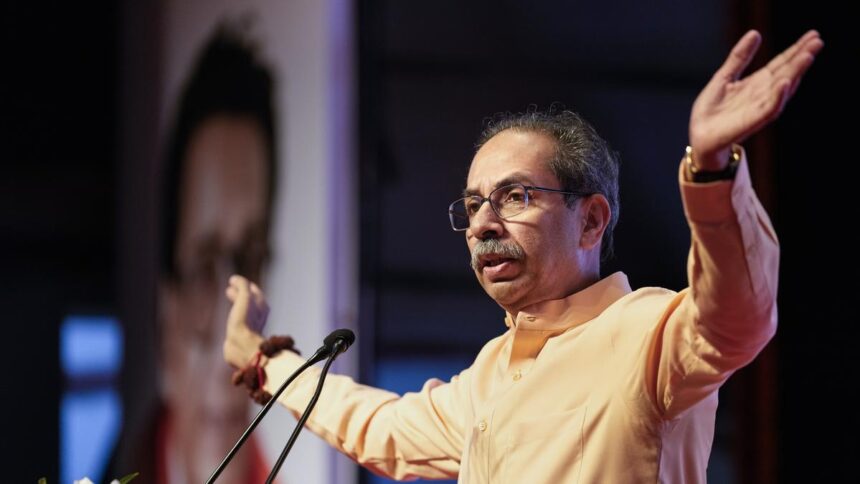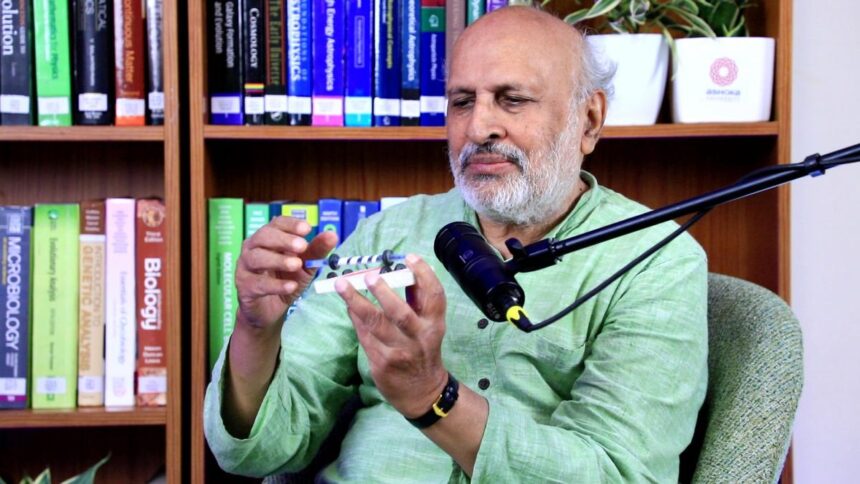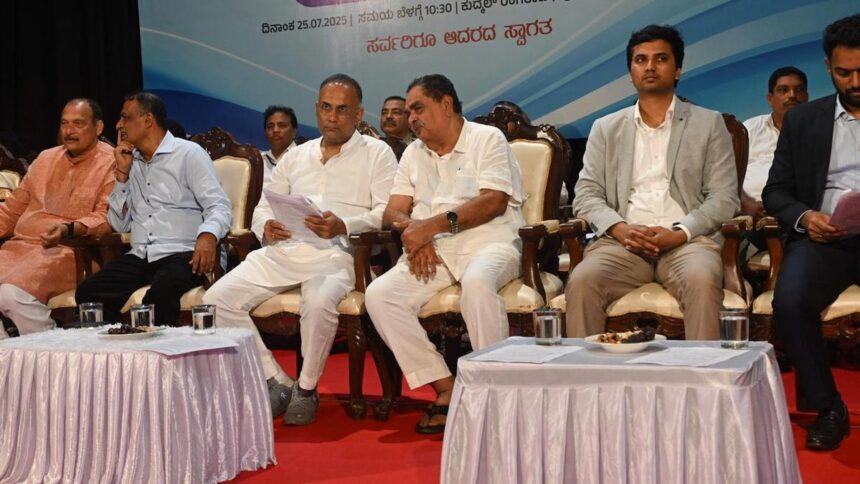Hepatitis is no longer a disease that affects only a specific group, it is a silent threat that spans across ages, from children to adults.
On July 28, observed as World Hepatitis Day, doctors in Hyderabad have raised an alarm on the growing burden of liver disease in India, and have called for urgent awareness, early screening, and preventive action.
Hepatitis, which refers to inflammation of the liver, can be caused by a wide range of factors, including viral infections, alcohol consumption, unhealthy diet, obesity, and even certain medications. In India alone, over 40 million people are living with Hepatitis B, and up to 12 million with Hepatitis C, most of them unaware of the problem. The virus often stays dormant for years, silently damaging the liver, and only revealing itself when the damage is severe, said Kavya Dendukuri, Lead Transplant Hepatologist at Gleneagles Hospital.
She further added that hepatitis is not a single disease. It includes types, A, B, C, D, and E, each with its own causes and modes of transmission. Hepatitis A and E spread through contaminated food and water, while B and C are transmitted through infected blood, unprotected sex, shared needles, or from mother to child. Hepatitis D occurs only in those already infected with B.
“Earlier, hepatitis was largely seen in the elderly due to alcohol or long-standing infections. Now, we are seeing non-alcoholic fatty liver disease in people as young as 40 due to sedentary lifestyles, poor diets, and obesity.” said V.R. Sumanth Kumar and Tejaswini Tumma, Consultant Gastroenterologists at Kamineni Hospitals.
Auto-immune hepatitis, drug-induced hepatitis, and alcohol-related liver inflammation are also on the rise.
“Many people don’t realise that certain herbal medicines, painkillers, or even overdosing on paracetamol can trigger serious liver inflammation,” warnedSrinivasa Reddy G from Star Hospitals.
One of the greatest challenges in tackling hepatitis is that most people show no symptoms until the disease is advanced. Common signs, when they do appear include fatigue, nausea, abdominal pain, loss of appetite, dark urine, pale stools, and jaundice. But by then, the liver may already be scarred.
Akash Chaudhary from CARE Hospitals shared that hepatitis is preventable and, in many cases, curable. Vaccines are available for Hepatitis A and B, and all new-borns and high-risk adults should receive them.
“Treatments for Hepatitis C, once considered expensive and complex, now involves short-term oral medication with near-total cure rates. Hepatitis B can be managed through daily anti-viral tablets, which have become highly affordable,” he added.
Published – July 29, 2025 12:45 am IST





















